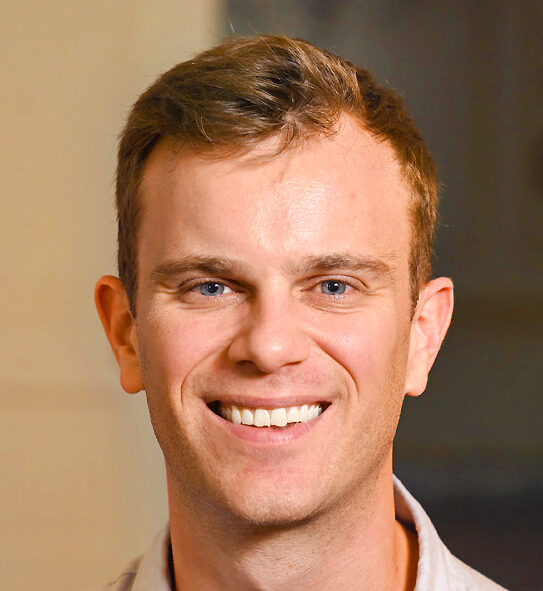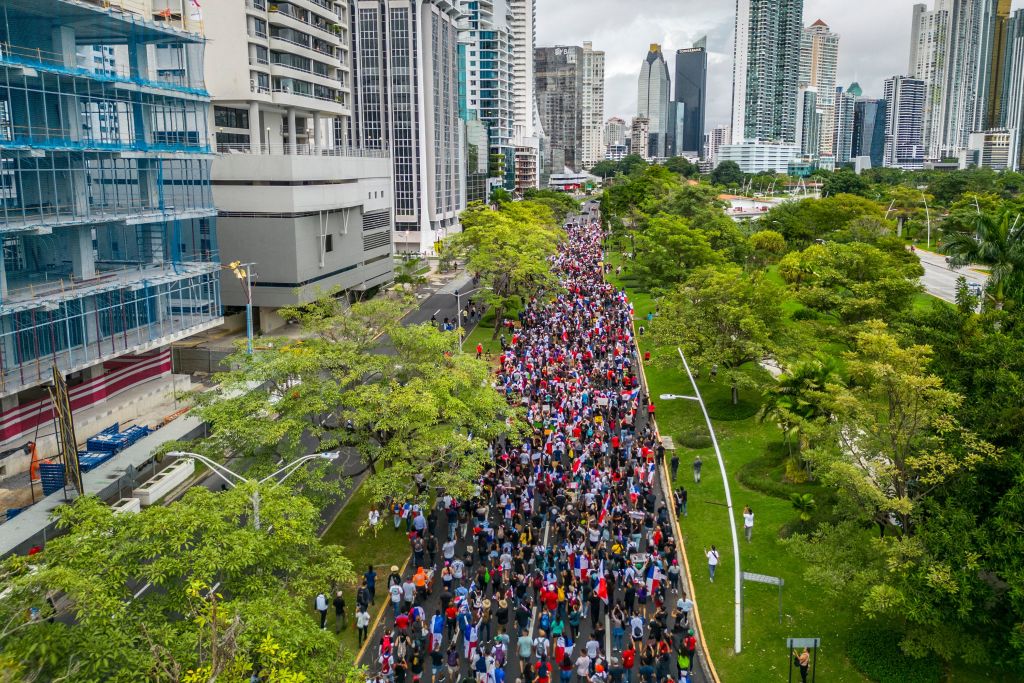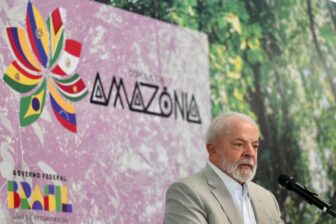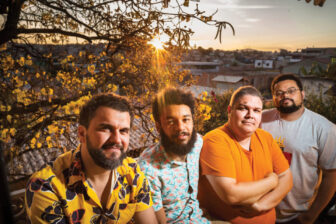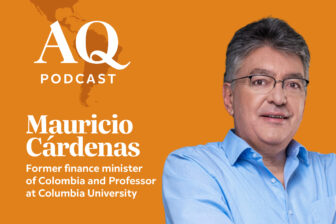Massive protests roiling Panama over a copper mine worth around 4% of the country’s GDP are the latest sign of discontent in the country, casting doubt on the future of mining and posing a major challenge for President Laurentino Cortizo’s government ahead of elections next May.
In the demonstrations, which began in early August and intensified over the past week, teaching and construction unions have joined Indigenous and environmental groups to block roads and demand that the mine’s new contract be canceled. The mine, Central America’s largest active copper operation, is owned by Canadian firm First Quantum Minerals (FQM). Dozens of protesters have been arrested on charges including assault and property damage and several police officers have been injured as traffic snarled in hubs across the country.
Cortizo, a centrist who cannot run for reelection, has struggled with low approval ratings of only about 18% amid simmering frustration with longstanding corruption, lack of transparency and poor social services. Environmental policy has also gained renewed attention as a severe drought plagues the country, limiting shipping through the Panama Canal.
On October 20, Congress approved a new contract for the Cobre Panamá mine. The new deal is more favorable for Panama and includes a massive boost in royalties to an annual minimum of $375 million. Cortizo celebrated the contract, saying on October 24, “We made the right decision, not the easiest. After a difficult and complex negotiation for over two years, an agreement was reached … that guarantees much better terms and conditions for the country.”
The president emphasized that the government would not tolerate “vandalism or calls for anarchy” and that crimes committed by demonstrators would be prosecuted. He added that the deal saves over 9,000 jobs and that its revenues would keep the country’s social security system solvent, allowing a national dialogue on how to spend the system’s money.
Weak credibility
But others see a broader dynamic at work. The mining deal “was proposed by a government with weak credibility and approved by legislators who are widely considered corrupt,” said Enrique de Obarrio, a former president of the Panamanian Association of Business Executives who now leads the Latin American and Caribbean Network for Democracy.
De Obarrio told AQ the new contract was fast-tracked through Congress with minimal public input, inflaming suspicions of clientelism. Panama’s Supreme Court struck down the mine’s previous contract because it lacked a transparent public tender process. Opponents say the new deal has also failed to meet transparency standards and have already filed multiple legal challenges.
The protests intensified rapidly due to “broad public dissatisfaction with a highly corrupt and unresponsive political system,” said Carlos Guevara Mann, a professor of political science at Florida State University’s Panama campus. “A huge majority can’t make ends meet on account of a spiraling cost of living … and terrible public services,” he told AQ. In the eyes of the public, the government has failed to make meaningful progress on these issues even after last year’s mass demonstrations.
2024 elections
Panama has been a relative economic success story in Latin America in recent decades, with fast GDP growth and a decline in poverty from 48.2% in 1991 to 12.1% in 2019. But that positive trend began to shift in 2017, with jumps in informality and unemployment, the World Bank says. According to the U.S. State Department, the country has the 14th-highest Gini inequality rating in the world. The World Bank projected earlier this year that poverty would come down to pre-pandemic levels by 2025 thanks to GDP growth expected to top 6%—though that scenario leaned heavily on the copper revenues that are now being questioned.
The protests are also shaping the May elections, hurting Cortizo’s PRD party and benefiting candidates less tied to the country’s traditional politics, de Obarrio told AQ. For now, the frontrunner is conservative former President Ricardo Martinelli (2009-14), who in July was sentenced to over ten years in prison on money laundering charges. He denies wrongdoing but continues to appeal and has not yet been incarcerated. Most recently, a superior court upheld the sentence on October 24. His enduring popularity comes from the perception that he knows how to deliver for the public despite being part of a compromised establishment, de Obarrio said.
Camila Aybar, a youth organizer based in Panama City who supports the protests, said they are happening essentially because people feel they haven’t been consulted on the controversial mine. “Panama hasn’t decided whether it does or doesn’t want to be a mining country,” she told AQ. She and other demonstrators are calling for a national referendum on mining, like the one held in 2006 that overwhelmingly approved the expansion of the Panama Canal. Such a referendum could be added to May’s ballot.
Indigenous and environmental groups fear the mine will irreparably harm Panama’s rainforests, a vital part of the Mesoamerican Biological Corridor, and contaminate drinking water. Meanwhile, the mine’s water use is attracting concern from current and former Canal officials. Jorge Luis Quijano, a former chief of the Panama Canal Authority, said in August that although the mine’s water usage isn’t currently affecting the Canal’s water levels, it may in the future.
All of this adds up to skepticism that the government’s decision to green-light the mine is in the public’s best interest. Even Panama’s Episcopal Church Conference weighed in on October 25, calling for the contract to be voided and a new national dialogue on the mine. Thus far, Cortizo has not supported any potential referendum.


